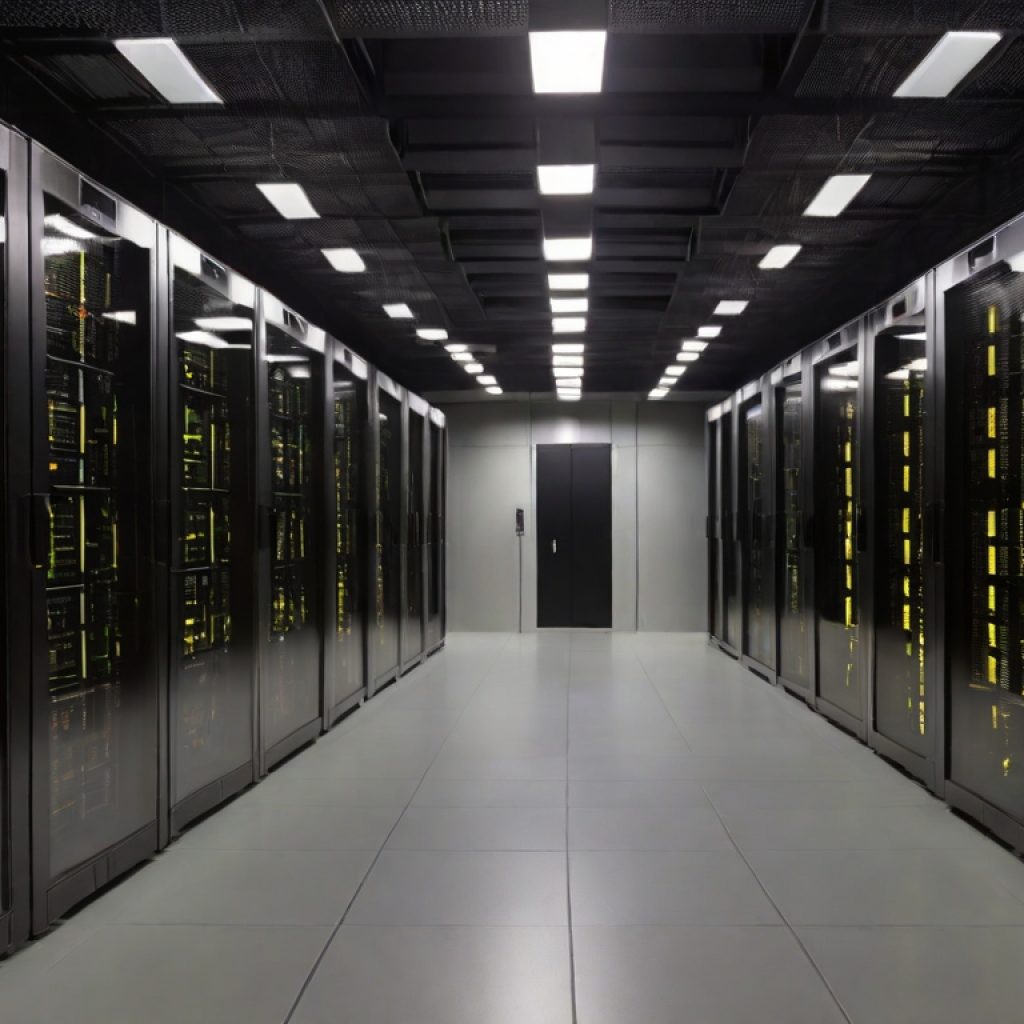In a world where the pace of technological advancement seems to outstrip our ability to keep up, experts are sounding alarm bells about the potential consequences of irresponsible AI development. Through a Delphi study conducted by cyber security researchers from Lancaster University, a glimpse into the near future emerges, rife with challenges and opportunities shaped by rapid technological changes. As the specter of misinformation looms large and the march toward AI dominance accelerates, understanding the risks and charting a course toward responsible innovation becomes paramount.
Forecasting the future of technology
The forecasted trajectory of technology paints a complex picture, one where AI reigns supreme but not without peril. Experts interviewed as part of the study anticipate exponential growth in AI capabilities by 2040, driven in part by fierce competition between nation states and tech giants. However, this growth comes with a caveat: the risk of corners being cut in the rush to achieve dominance, potentially leading to catastrophic incidents. While some experts voice optimism about the benefits AI can bring, others warn of a darker future where poorly implemented AI systems result in mass casualties.
Dr. Charles Weir, lead researcher of the study, underscores the importance of proactive risk assessment, stating that by forecasting potential dangers, steps can be taken to mitigate them. The magnitude of the risks, as highlighted by the experts, serves as a sobering reminder of the stakes involved in AI development.
The misinformation menace in the age of irresponsible AI
Beyond the realm of AI, experts also express grave concerns about the proliferation of misinformation facilitated by technological advances. With social media serving as a breeding ground for falsehoods and nation states weaponizing disinformation, the line between truth and fiction grows increasingly blurred. By 2040, experts predict a landscape where distinguishing fact from fiction becomes even more challenging, posing significant threats to democracies worldwide.
Dr. Weir emphasizes the urgent need to address this issue, noting that advances in technology will only exacerbate the problem unless decisive action is taken. The implications of widespread misinformation extend far beyond the digital realm, with potentially dire consequences for societal cohesion and political stability.
Navigating the challenges ahead
Despite the bleak outlook painted by the forecasts, the experts offer glimmers of hope in the form of potential solutions. From the implementation of AI safety principles to the enactment of new regulations, there are tangible steps that governments and organizations can take to mitigate risks. Also, the role of interdisciplinary education emerges as crucial, with universities poised to play a vital role in equipping future generations with the skills needed to navigate the complex intersection of technology and ethics.
As policymakers and industry leaders grapple with the implications of these forecasts, one question looms large: How can we ensure that technological progress is guided by principles of responsibility and accountability? The answers to this question will shape not only the trajectory of AI development but also the future of society as a whole.
The forecasted trends outlined by experts paint a sobering picture of the challenges that lie ahead in an era defined by rapid technological advancement. By heeding the warnings and embracing proactive measures, we can chart a course toward a future where innovation serves the greater good, rather than posing existential threats to humanity.





